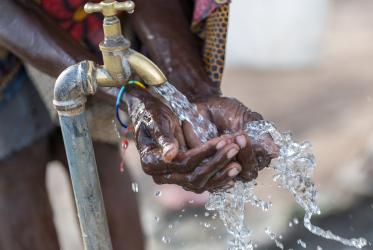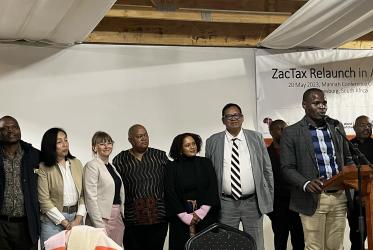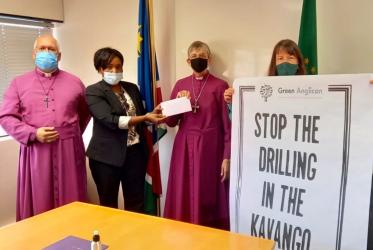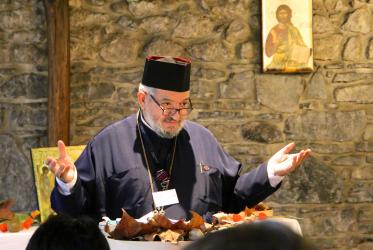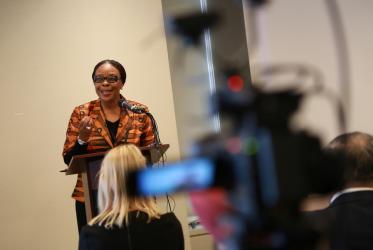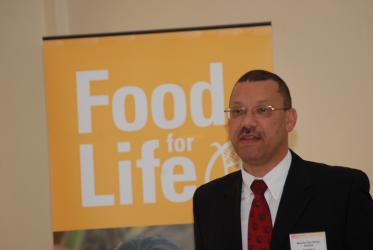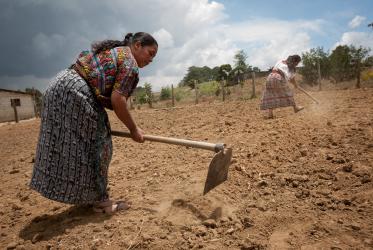Displaying 1 - 20 of 143
Neuauflage der ZacTax-Kampagne für Afrika
24 May 2023
Relanzamiento de la campaña Zaqueo en África
24 May 2023
Relance de la campagne ZacTax en Afrique
24 May 2023
ZacTax Campaign relaunched in Africa
23 May 2023
Protecting Ethiopia’s church forests
27 October 2021
South Sudanese Churches shelter populations displaced by floods
23 September 2021


